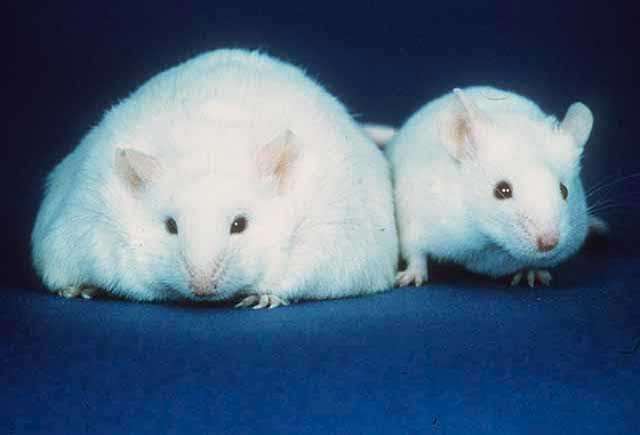Intestinal bacteria, causing the yo-yo effect on the mouse

The experiment has been published in an article published in the journal Nature. According to the researchers, obesity is today one of the biggest health problems and the measures taken so far have not had good results. For example, they have seen that diet is not effective, as eight out of ten rapidly regain lost weight. What's more, many times diets weigh more kilos than before, which is complicated by the metabolic problems they had. This is what is known as yo-yo effect, and so far they were not clear what was at their base.
Aware of the importance of intestinal microorganisms in metabolism and obesity, researchers at the Weizmann Institute have focused on it and carried out various experiments with mice used to investigate obesity and thinning.
These experiments have shown that carrying out a diet produces changes in intestinal bacteria that are permanent. In addition, it has been proven that the microbio after diet influences the recovery of kilos. For this purpose, a transplant of microbiome of mice after diet to common mice has been carried out and it has been proven that the latter are fat and develop metabolic problems, due to the transplanted microbiota.
Based on all this, the researchers have developed a model that provides for the amount of kilos that the mouse has followed a diet according to the microbial composition, and they expect it to serve to design strategies that avoid the yo-yo effect.
However, they have advanced that they have to continue investigating, since they do not know if the proven in mice will also occur in people.
--> Intestinal bacteria, another organ
Buletina
Bidali zure helbide elektronikoa eta jaso asteroko buletina zure sarrera-ontzian











